Cars
Behind The Scenes Of The SCORE Baja 500 With Polaris Factory Racing
When the folks at Polaris Factory Racing invited me down to Mexico for the SCORE Baja 500, I was super stoked, as I’ve been following the race series for ages now, and I even got to live out my off-road racing fantasies in a wildly fun (and scary) experience with Wide Open Baja nearly a decade ago. While I’ve been fortunate to do some seriously cool stuff over the years, that one most definitely ranked at the top of the list!
For those of you unfamiliar with the Baja 500, it’s a prestigious off-road motorsport race held annually on Mexico’s Baja California Peninsula. This grueling single-day event covers roughly 500 miles of challenging desert terrain. Competitors in dozens of vehicle classes, including trophy trucks, motorcycles, UTVs and buggies, navigate a punishing course that features sand, rock, and mountain passages.
Now in its 56th year, the race attracts both professional teams (like Polaris Factory Racing) and amateur enthusiasts from around the world. Known for its extreme difficulty & unpredictable conditions, the Baja 500 tests both driver skill and vehicle durability, making it one of the most respected events in off-road motorsports.
Given how punishing the course is, it comes as no surprise that many competitors are piloting high-horsepower trophy trucks, purpose-built buggies, and the likes. But Polaris, on the other hand, has been dominating the field with their second-generation RZR Pro R Factory (albeit with some race modifications), which is based on the current production RZR Pro R platform.
The RZR Pro R Factory sports an all-new one-piece chassis, upgraded front and rear bumpers, a new factory muffler, improved cage design, Alcon high-performance brake system, FOX 3.0 Live Valve X2 Internal Bypass shocks w/ a new in-house race-tuned DYNAMIX DV Suspension Control Module, MoTeC components (including ECU, electrical power distribution, and switch panels), a carbon fiber prop shaft, carbon fiber bodywork, an upgraded ATL fuel cell with a range of up to 200 miles, and upgraded upper control arms.
While the Polaris RZR Pro R Factory features premium, race-enhanced parts, much of the main componentry on the vehicle remains completely stock, including the ProStar Fury 2.0L engine, front and rear drive, transmission, power steering rack, wheel bearings, all CVT components, including belt, plus control arms, front and rear knuckles, ball joints, and trailing arms. This is a statement to the true power, strength, and control of the RZR Pro R that you can purchase straight off the showroom floor.
For Polaris Factory Racing, they’re not just competing in these types of races for the fun of it. Winning is big business. As Alex Scheuerell, Team Director of Racing explained to us, they’re playing to win, to show to potential customers and fans alike that their UTVs are the fastest, best, and most reliable. It’s like the old saying goes, “Win on Sunday, Sell on Monday.”
Not only that, but racing is an invaluable form of research and development for Polaris, and it’s “turned into a pre-development arm for our off-road division. We can go and take parts, develop it, test it in the most grueling conditions on the planet, and get instant feedback. There is no other company in the world doing this right now.” It honestly makes a lot of sense, as they can identify weak points, create new parts to address them, and then roll them out on the consumer side in the near future, speeding up development at a tremendous rate.
That said, competing in a race like this is quite the undertaking, with Polaris sending a large number of managers, engineers, technicians, and support crews across the border to support the four Polaris Factory Racing drivers. After all, if something goes awry during the race, who better to help than the people intimately involved with every aspect of the RZR. In addition, each race car has two dedicated support vehicles on hand, with a plethora of tools and parts, should the need arise.
While Polaris Factory Racing drivers Brock Heger, Cayden MacCachren, Max Eddy Jr., and Craig Scanlon have to perform come race day, so do the support staff. There’s a tremendous amount of planning that goes into the race in the days and weeks leading up to the main event. A few days beforehand, we went to the team’s temporary race compound and watched as they did practice pit stops where they refueled, swapped on the spare tire, or repaired any damage, over and over (and over) again, well into the night.
During the actual race, the crew uses a Pressure Pro fuel system, which can dump 32 gallons of gas into the car in roughly 10 seconds. While these practice pit stops were dry, they made sure that every aspect of it was perfect, as any error during the race could cost them valuable time, which honestly could be the difference between a podium finish or not. It’s amazing that even in a 500-mile race, the difference between first and second could come down to mere seconds.
On the Friday before the race, Team Operations Director Adam Arsenault held a team meeting, where the former U.S. Marine covered everything from pit stop locations, to route guidance, to radio communications with military precision. It was game time, and each team member was intently focused on the tasks ahead, a binder with all of the instruction in their hands.
Saturday was race day, and the Polaris team was feeling pretty confident, as their vehicles have been running great, and they’ve been on a winning streak. Unlike most motorsports, where all of the cars line up together and take off when the flag drops, racers in the Baja 500 leave in intervals, racing against the clock. Along the way, they have to contend with a variety of road and desert terrain, virtual checkpoints (VCPs) and speed zones. Miss a checkpoint or drive to fast in the speed zones and you can rack up some costly penalty time.
Being a 500-mile linear race, watching all the action as a spectator on the ground can be a bit challenging, as you have to plan ahead and figure out where you want to stop and watch part of the race, and then how to get from one spot to the next. All while contending with loads of traffic, crazy pothole-ridden roads, and a general lack of cell service (no wonder why everyone was driving Raptors and had Starlink). It also helps to have a car that can go off-road, as many of the “roads” are anything but.
Myself, Zac, and Erik piled to car in the morning and set off for a vantage point in Ojos Negros. As this was a speed zone, it was a bit underwhelming watching everyone drive by at 35mph, and after watching a few of our teammates drive by, we hopped back into the car and headed off for Pit 2, as there would hopefully be more action happening there.
Along the way, we learned that Polaris Factory Racing’s Brock Heger lost power steering early in the race, and soon afterwards he suffered a broke tie rod. Amazingly, Polaris race engineers and techs were able to come to the rescue, replacing the steering rack and more right there trail-side. While this cost him valuable time, he still managed to come back and finish the race.
Given that our team wouldn’t make it to Pit 2 for quite some time, we stopped for lunch at this little taco spot that was AMAZING, after which we continued on. At points, it seemed like we were lost, driving down this punishingly bumpy road with no end in sight, our puny rental car struggling to keep going. But finally, we crested a hill and saw the welcomed sight of the pits.
Here, we got to see how all of that practice paid off, with the Polaris team swinging into action as each of the drivers pulled in, refueling the cars in record time, and then the drivers tearing away, all in the span of about 20 seconds. Other teams that were pitting nearby weren’t nearly as fast as we were, and I even saw a trophy truck that fell off its jack, causing a ton of damage in the process. That’s why practice makes perfect!
After that, we hightailed it back to the finish line in Ensenada, where tens of thousands of fans had gathered. Thankfully, we got hooked up with VIP access, so we were able to get up close with the race vehicles as they came in, all of them caked with mud and dirt after 500 miles of grueling travel. And a few minutes later, Cayden MacCachren rolled in with his purple Polaris RZR Pro R Factory, claiming victory in the Pro UTV Open class with a time of 10:36:42.481.
Fellow Polaris-supported racer Brandon Sims came in 2nd-place, and Polaris Factory Racing team principals Craig Scanlon and Travis Clarke finished fourth overall. Brock Heger even managed to overcome his mechanical issues earlier in the day and finished in 12th place. Unfortunately, Max Eddy Jr.’s race ended with a DNF after an accident.
“Today is exactly what you work for as a professional racer: starting first and finishing first. We didn’t physically see any other UTVs out there but knew we had some battles going on by corrected time, so we’re thrilled to come away with our third win in a row and Polaris Factory Racing’s eighth consecutive win,” said MacCachren. “Today’s course was rough and incredibly dusty, but our RZR Pro R Factory performed flawlessly, soaking up everything the race course threw at it. It honestly feels like the machine just gets better each race.”
It was an really long day, and by the end of the race I was pretty tired, dirty, and a more than a little sunburned. But that’s nothing compared to what those drivers (and the support staff) had to deal with out there. While they made it look easy, as I saw firsthand, they definitely put in the work, and the results speak for themselves.
A huge thanks to the Polaris Factory Racing team for bringing me out and giving me a behind-the-scenes look at the SCORE Baja 500, it was an experience that I won’t soon forget!

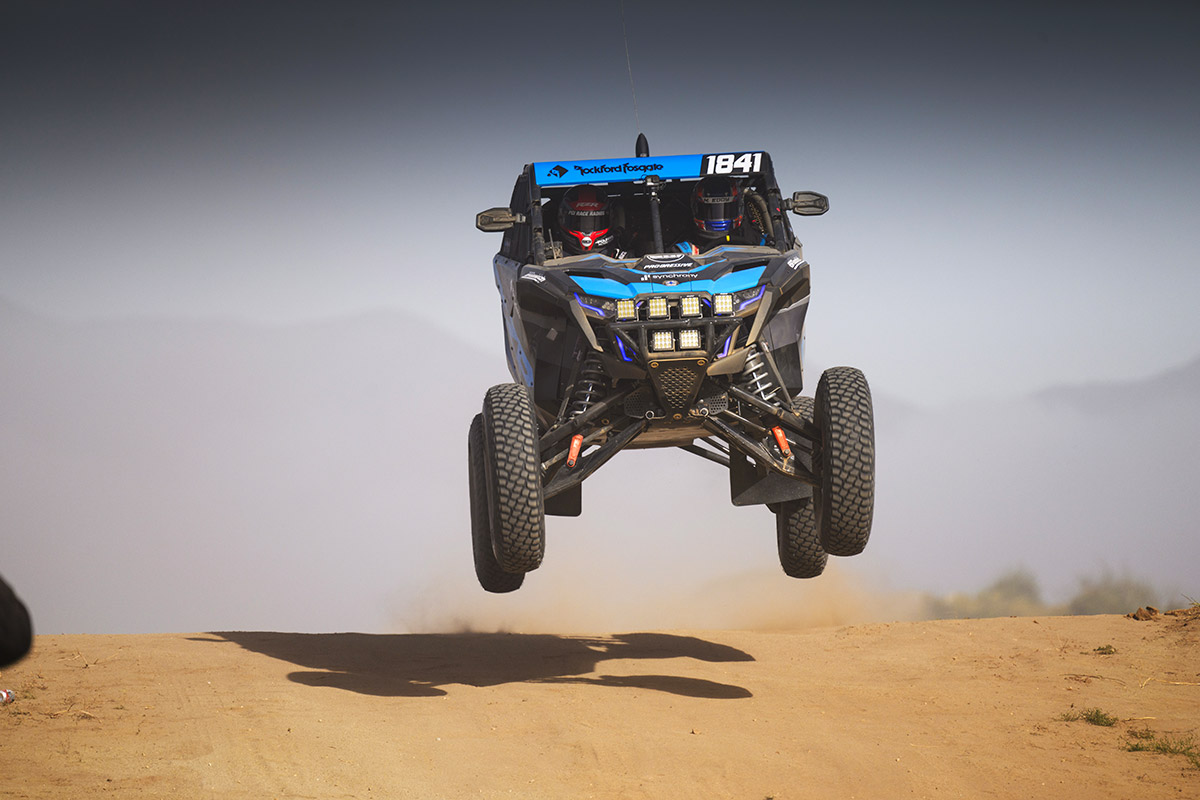
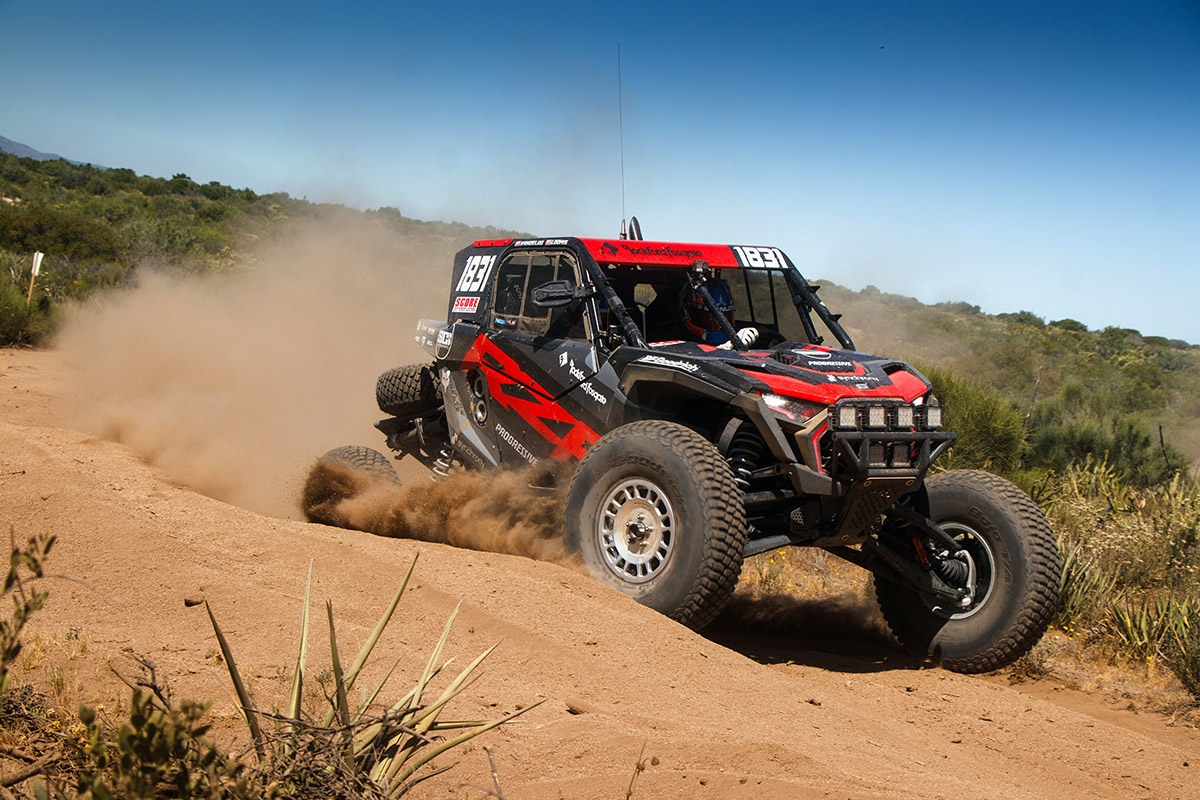
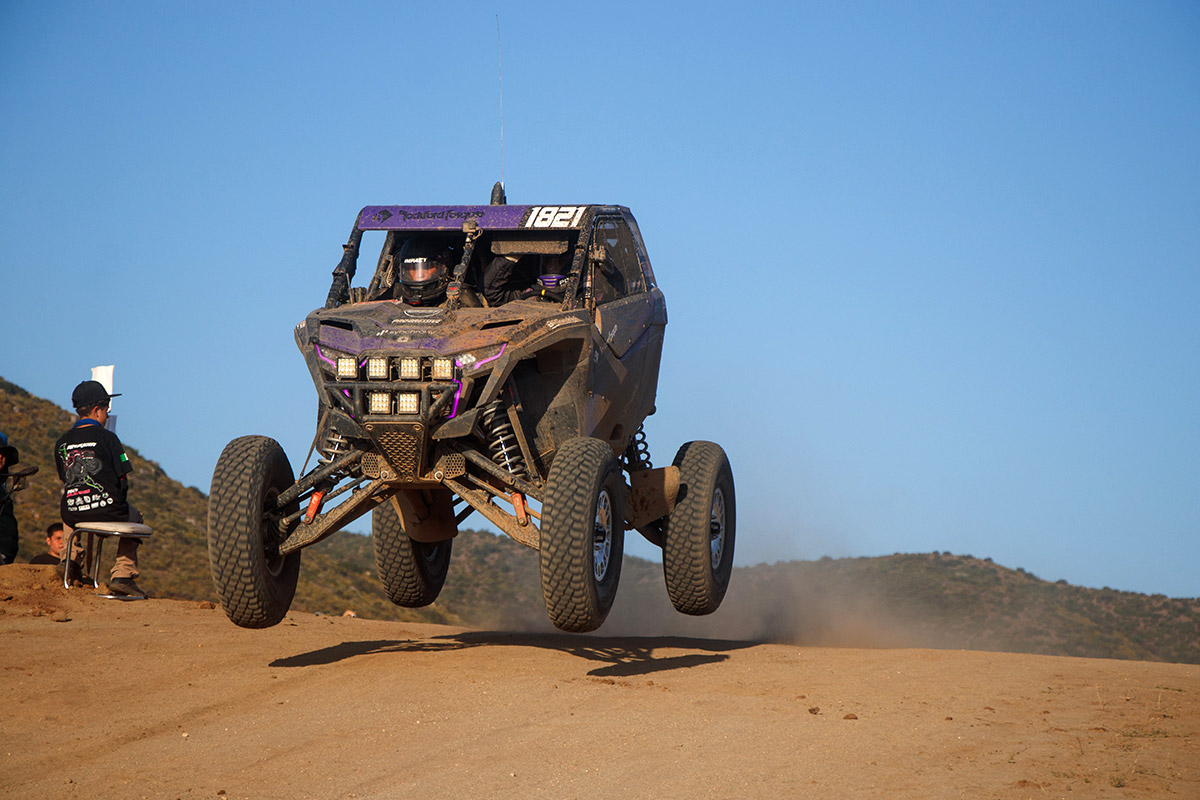
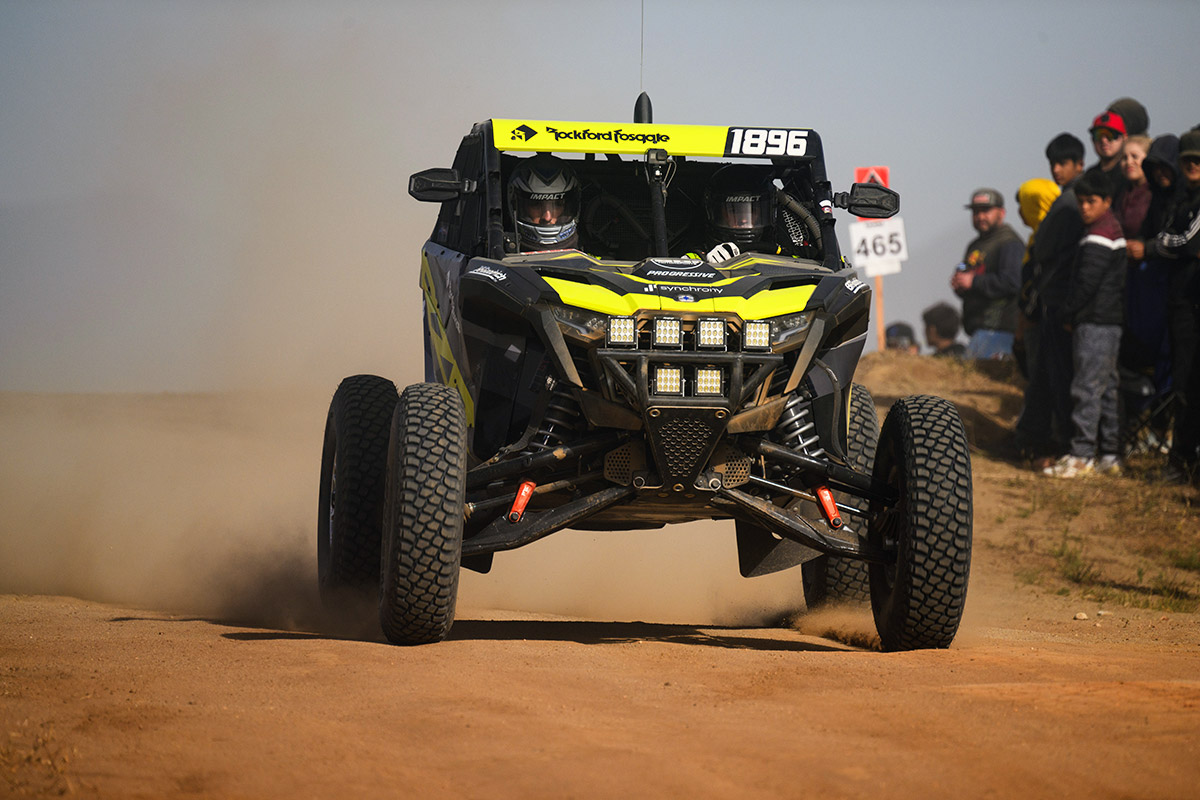
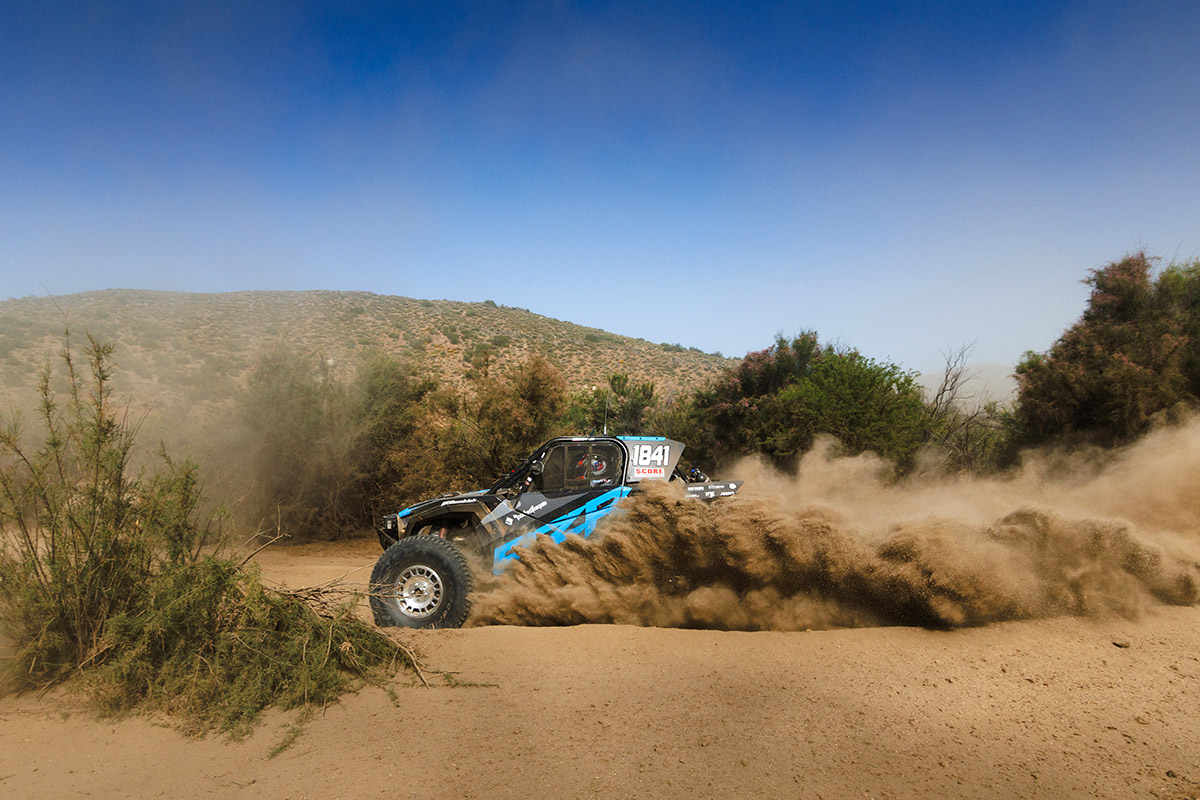
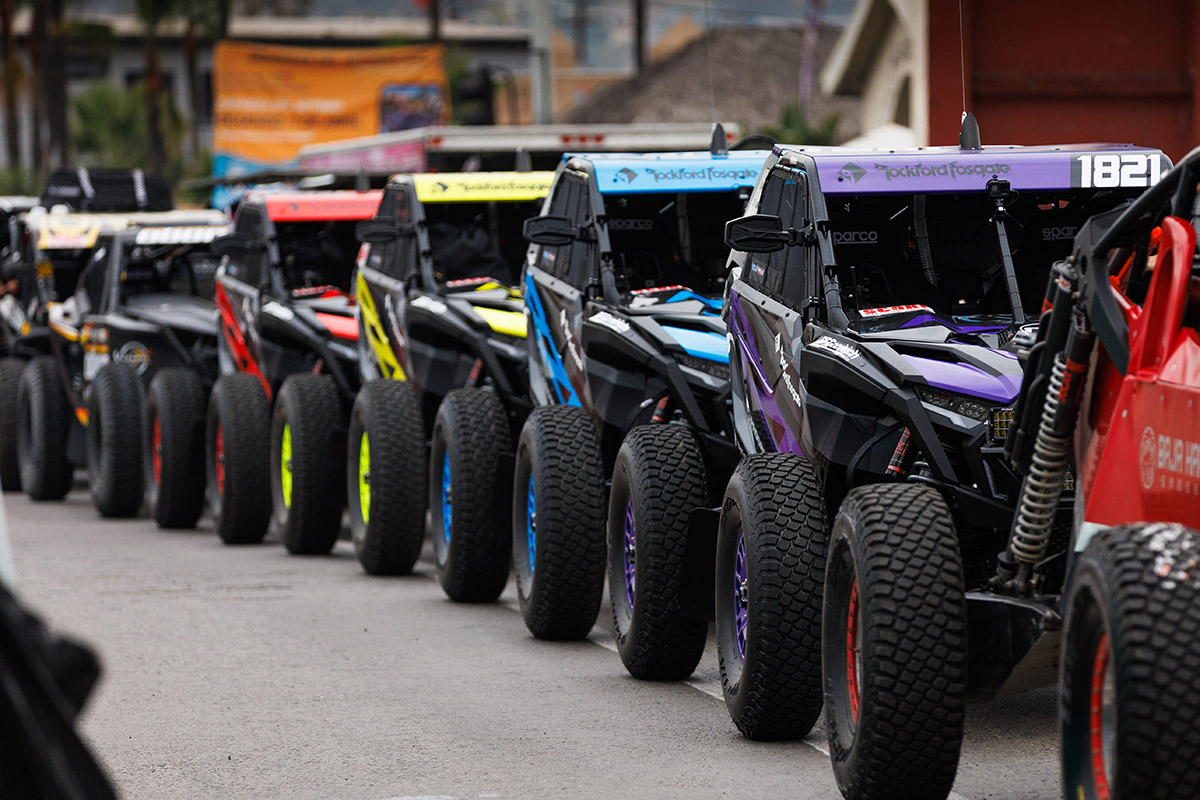
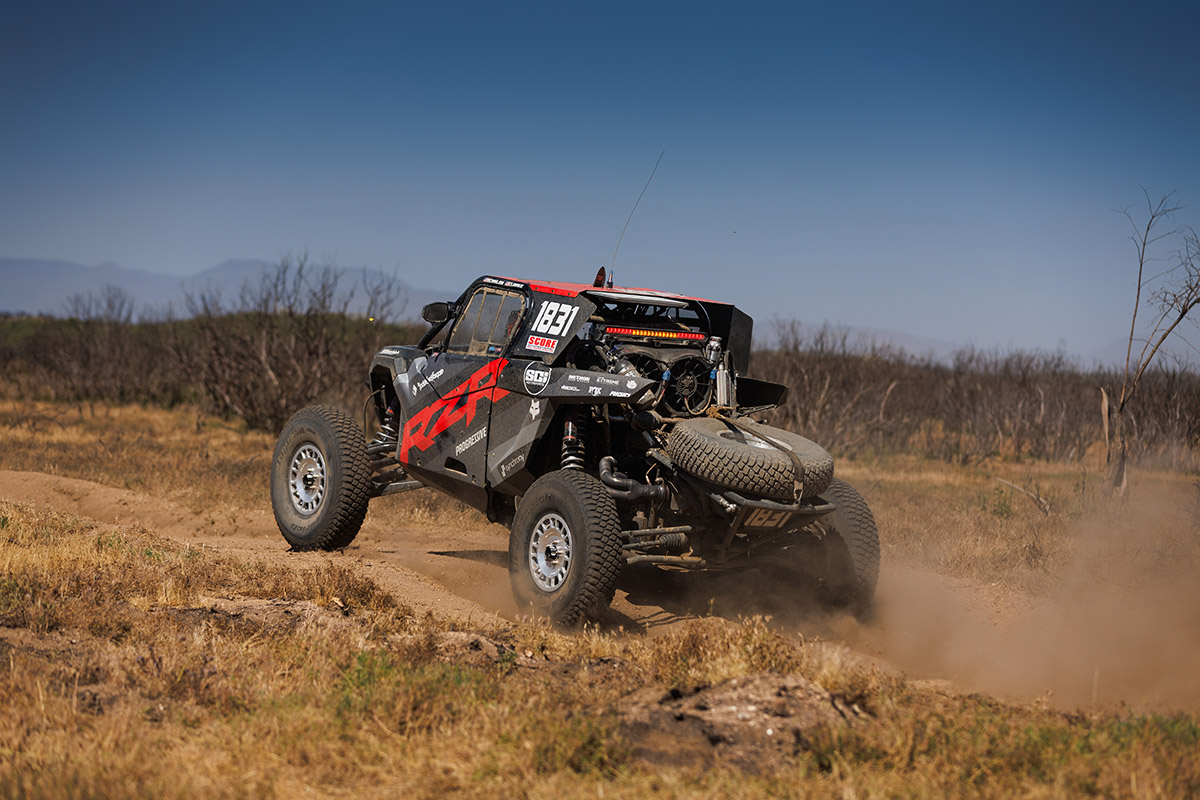
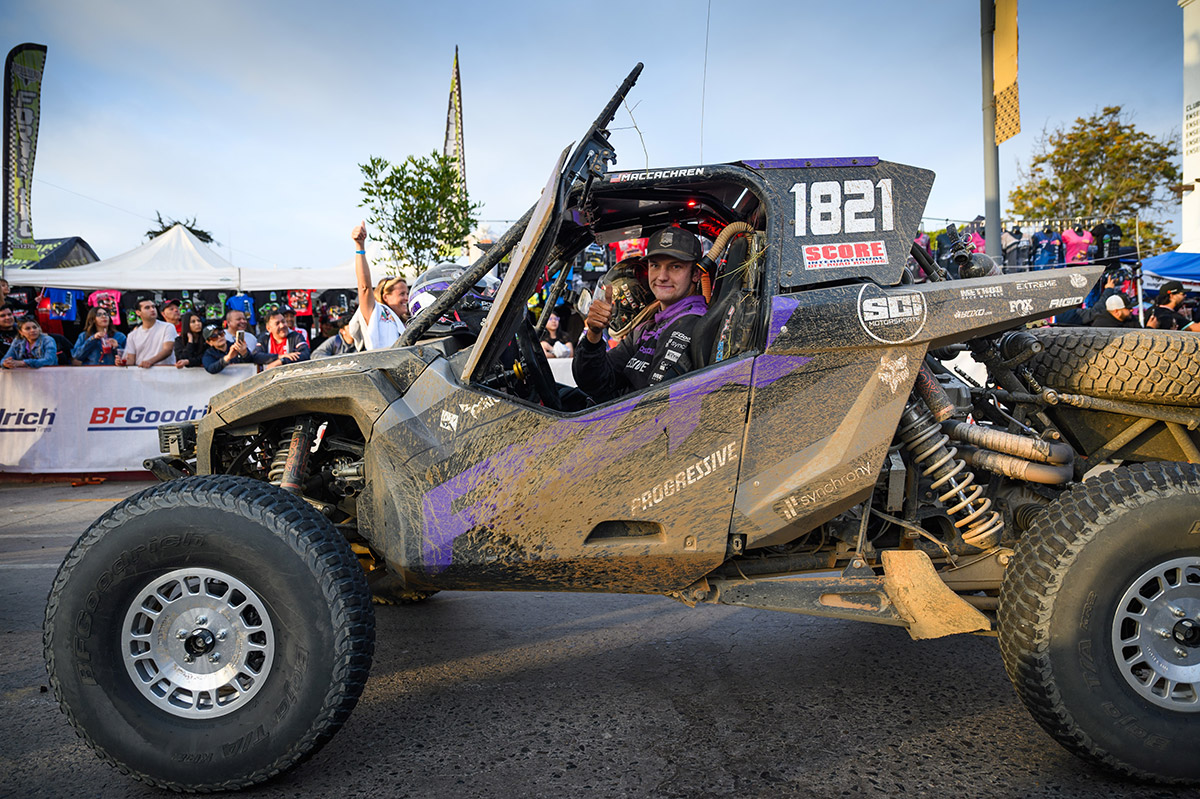
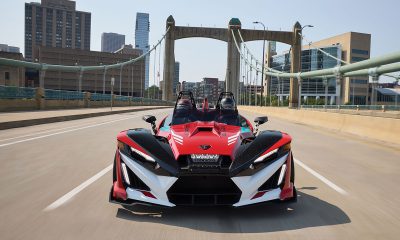

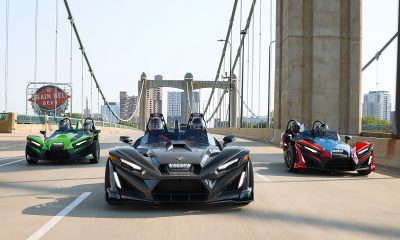

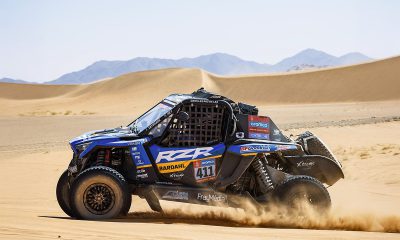

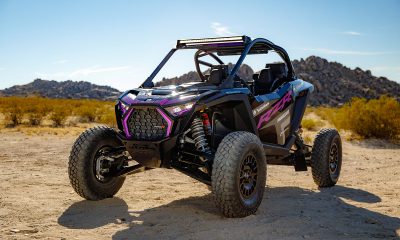

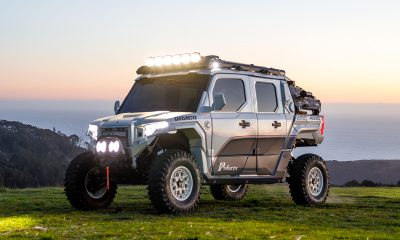

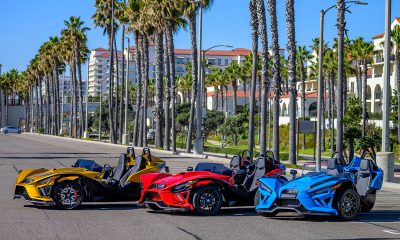
















Recent Comments